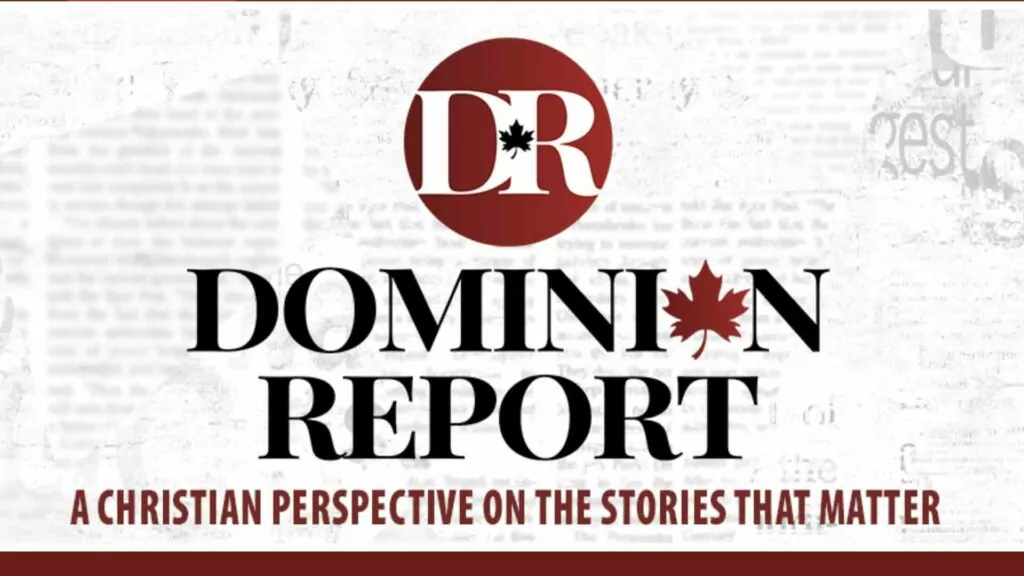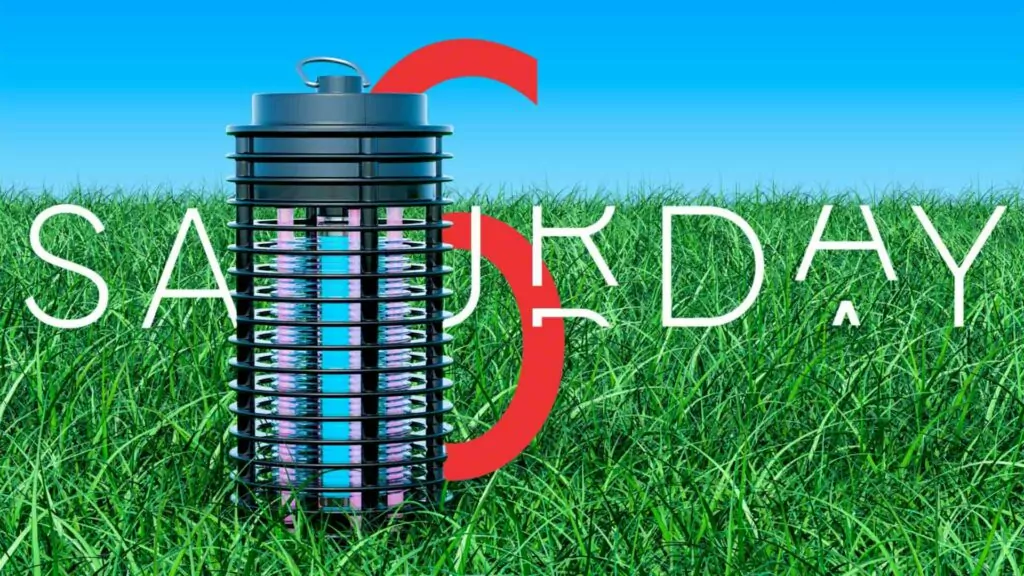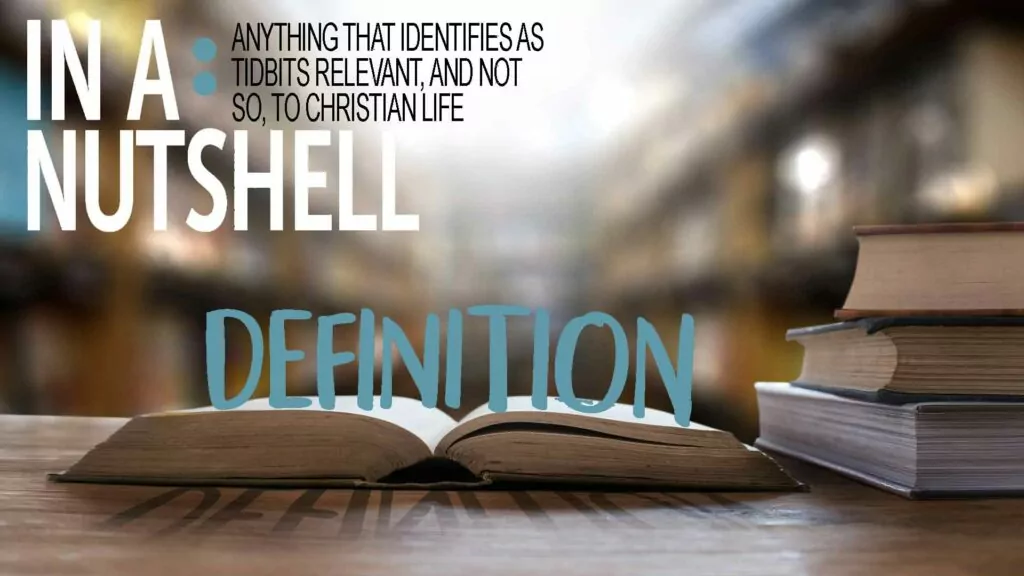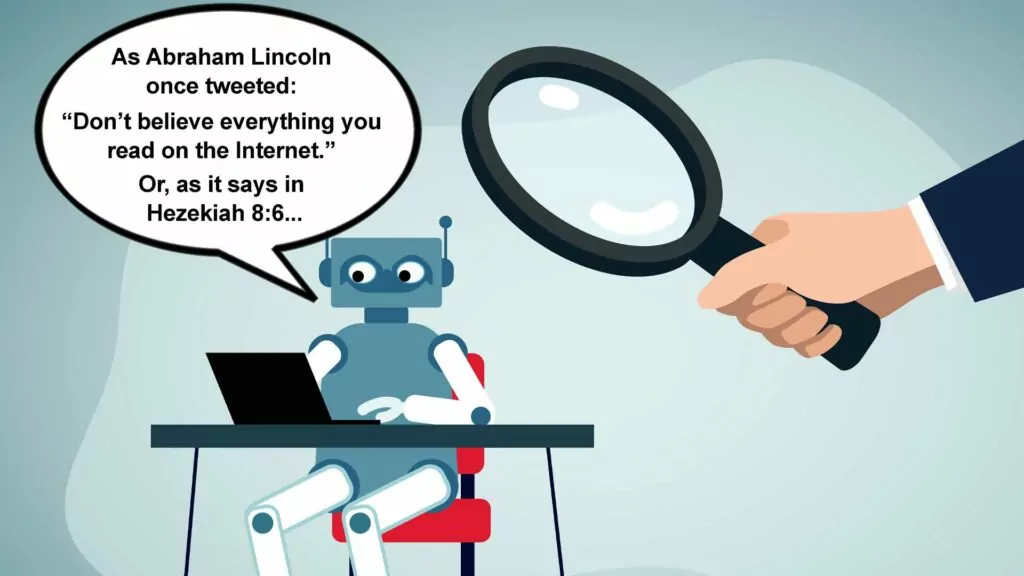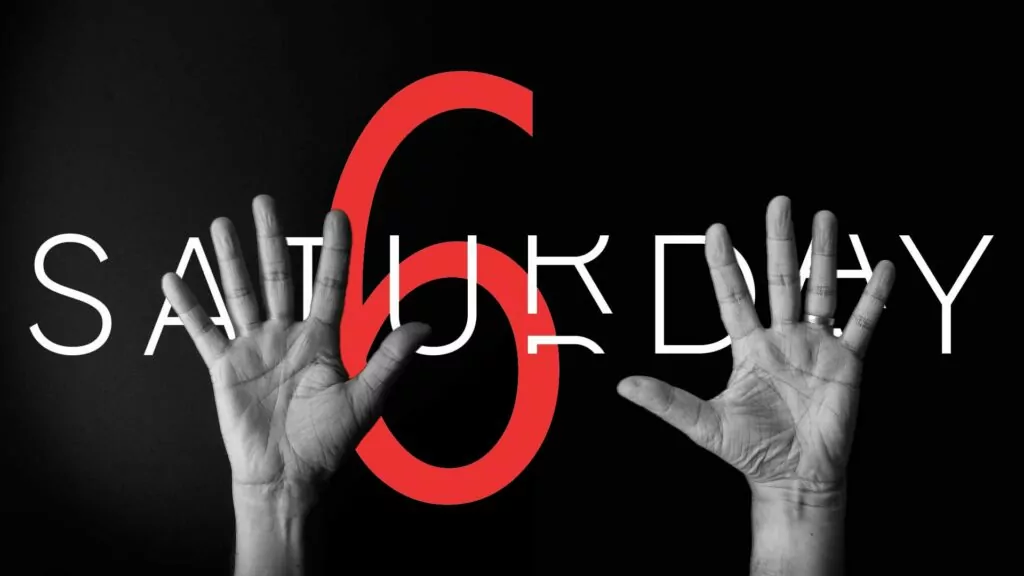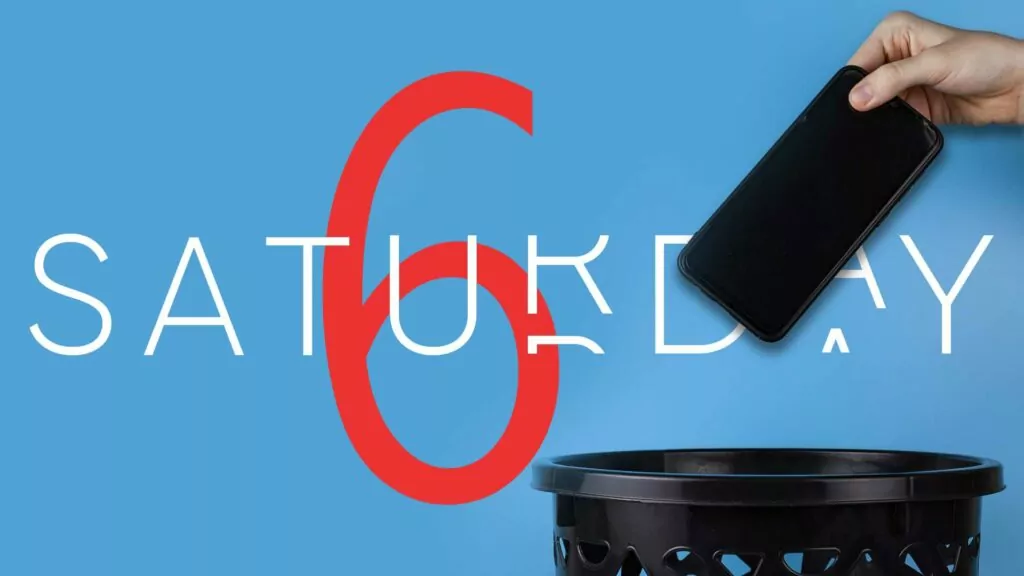A lament for our nation
Lament is not a common word today. It is rare to hear of lamentation in our secular culture, and even within the Church we don’t often speak of lament. And yet, I believe lament is one of the most important – and biblical – postures that we can take as Christians in the public square today.
Why lament?
Consider our situation. We see (at least) 87,000 abortions every year here in Canada. Over 13,000 died by euthanasia last year, and that number grows every year.
We’ve seen our fundamental freedoms eroded. Conscience rights for health care workers aren’t adequately protected. Our governments have redefined marriage by liberalizing divorce laws, recognizing same-sex marriages, and even starting to legitimize polyamorous relationships. The entire concepts of motherhood and fatherhood are fractured by our country’s policies on in vitro fertilization and surrogacy, and jurisdictions like Ontario are recognizing that kids can have many (not just two) parents. Hundreds of kids are pursuing medical gender transitioning, rejecting the bodies that God has given them. Counseling children to love the body and identity they have been given has been outlawed by conversion therapy legislation. Human trafficking, pornography, and prostitution are rampant in society. And our country, ostensibly still founded on the principle “that recognizes the supremacy of God,” has insisted that all cultures and all religions by-and-large are equal.
Sin and brokenness are pervasive in all aspects of Canadian society. Let’s consider some potential unbiblical options of how to respond to this sin before coming to why we need to lament for our nation.
Unbiblical responses
1. Do not grumble
One response – the most unbiblical response – is to grumble. We can be tempted to complain to God, to each other, and to ourselves.
But complaining is antithetical to the Christian life. The Israelites of the Old Testament were famous for grumbling. They complained about bitter water or a lack of water (Ex. 15:24, 17:3), about a lack of food (Ex. 16:2), their misfortunes (Num. 11:1), the strength of the Canaanites (Num. 14:2), and their leadership (Num. 16:11, 41; 17:5). In most of these instances, God punished His people. He had just brought them out of Egypt with a mighty hand and an outstretched arm and, rather than worshipping and praising Him, they complained.
Rather than “grumbling or disputing,” Paul calls on Christians to be “blameless and innocent, children of God without blemish in the midst of a crooked and twisted generation, among whom you shine as lights in the world” (Phil. 2:15). We confess that “it is impossible for those grafted into Christ by true faith not to produce fruits of gratitude” (HC Q&A 64).
2. No need to fear
Another response to a bleak political situation is fear and anxiety, but this too is an unbiblical response. We may fear persecution from our culture, tyranny from our government, or censure from media companies. But in Philippians 4, Paul instructs followers of Christ, “do not be anxious about anything.” Christ Himself commands us “do not be anxious about your life, what you will eat or what you will drink, nor about your body, what you will put on” or about anything else for that matter (Matt. 6:25-34; Luke 12:22-31). The most frequent command found in Scripture is “do not be afraid.”
3. Do not be angry
Another common response to this sin-filled world is anger. Anger can be a powerful motivator to inspire people to speak up and to act. And, unlike complaining or anxiety, there is some biblical justification to be angry (e.g., Eph. 4:26). When people sin and transgress the law of the LORD, there is a reason for righteous anger. Jesus Himself became angry on occasion with a righteous anger (Mark 3:1-6 and Mark 10:13-16).
Scripture, however, portrays human anger as a negative phenomenon in almost every instance. Proverbs often counsels the wise and the righteous to refrain from anger (Prov. 14:29, 15:18, 16:32, 19:11, 22:24, 29:22). The apostle Paul commands believers to put away anger on several occasions (2 Cor. 12:20; Gal. 5:20; Eph. 4:31; Col. 3:8; 1 Tim. 2:8).
Our fallen anger makes us susceptible to sin. (Perhaps why Eph. 4:26 says “be angry and do not sin.”) Anger can easily lead to hasty and thoughtless words and actions. Perhaps this is why James admonishes believers to be “slow to anger; for the anger of man does not produce the righteousness of God” (James 1:19-20). Like fire, anger can be a beneficial and God glorifying tool when used in the right way, yet it can easily grow out of control and cause great spiritual (not to mention temporal!) damage.
So instead of complaining, fearing, or being angry about the state of our nation, a more biblical response is lament.
An example of lament
Scripture is full of laments, but the best example of lamentation flows from the prophet Jeremiah and the people of Judah in exile.
Put yourself in their shoes. Close your eyes. Take a deep breath. Clear your mind.
Imagine you are a young Jew living around 609 BC. You and your people are led by King Josiah. Your life revolves around a divinely inspired calendar of feasts and sacrifices. In fact, you just celebrated a Passover the likes of which hadn’t been observed since the days of the judges. You observe a weekly Sabbath day of rest, a year of Sabbath rest of the land every seven years, and a year of Jubilee every 50 years. You periodically visit the glorious temple of Solomon in Jerusalem, perhaps the most ornate, beautiful, and costly structure on earth. There the Levite singers and musicians make music to God and the priests offer sweet incense to the LORD. God has promised that a descendent of David would sit on the throne of Judah forever. In fact, the current king “turned to the Lord with all his heart and with all his soul and with all his might” so that there was never a king that came before him or after him that pursued the LORD with such fervour (2 Kings 22-23). Life is good.
During your lifetime, all that comes crashing down. The Egyptian Pharoah Neco kills godly King Josiah, hauls his successor, King Jehoahaz, in chains to Egypt, exacts a heavy tribute from Judah, and sets up a puppet king, Jehoiakim, on the throne. After a stint under Egyptian oppression, King Nebuchadnezzar of Babylon puts your country under tribute. When King Jehoiakim rebels against Babylon, bands of Chaldeans, Syrians, Moabites, and Ammonites begin raiding your country. King Nebuchadnezzar comes back with a vengeance, besieges and conquers Jerusalem, carries away all the treasures of the temple and the king’s house, and carries away all the royal family, all officials, all the mighty men of valor, all the smiths and craftsmen, and 10,000 more captives. Only the poor remain under another puppet king, Zedekiah.
Thankfully, the temple, the center of Jewish life, still stands. But your religious leadership pollutes this temple. Then Zedekiah rebels against Babylon too, prompting Nebuchadnezzar to return again to besiege Jerusalem and trigger a terrible famine in the city. When the city falls, Nebuchadnezzar slaughters Zedekiah’s sons in front of him, gouges out Zedekiah’s eyes, and carries him off to Egypt. But at least the temple still stands.
A few years later, Nebuchadnezzar attacks Jerusalem a third time, destroying every building in Jerusalem, including the temple, and tearing down the walls. Even the poor people who were originally left in Jerusalem are carried off to Babylon, except for the poorest of the poor who are left to work the land. And even after all this, the poorest of the poor rebel against Nebuchadnezzar, murder the governor, and flee in fear to Egypt, the very place that God had led them out of slavery 890 years before. And so, the land lays desolate.
Your nation is utterly destroyed. Your whole religion revolving around the temple, sacrifices, and feasts is impossible. There is no descendant of David seemingly on the throne. It’s a horrific state of affairs. What was the response of the Jews carried off to Babylon?
They responded with lament. We get a glimpse of this in Psalm 137: “By the waters of Babylon, there we sat down and wept, when we remembered Zion.” But the main lamentation over the exile is written by the prophet Jeremiah. While there isn’t a book of Complaining, of Anxiety, or of Anger in Scripture, there is a book of Lamentations. For almost the entire book, Jeremiah recounts and laments the destruction of Jerusalem. The book opens,
How lonely sits the city that was full of people!
How like a widow has she become, she who was great among the nations!
She who was a princess among the provinces has become a slave.
She weeps bitterly in the night with tears on her cheeks;
Among all her lovers she has none to comfort her;
All her friends have dealt treacherously with her;
They have become her enemies.
Judah has gone into exile because of affliction and hard servitude;
She dwells now among the nations but finds no resting place;
Her pursuers have all overtaken her in the midst of her distress.
What is a lament?
Lament, properly speaking, is a uniquely Christian activity. It isn’t complaining, though it certainly recounts all the evils of this present age. It isn’t anxiety, although the situation certainly seems bleak and full of uncertainty. And it isn’t primarily angry, despite the calls for judgement on Babylon found in the final verses of Psalm 137. And lament isn’t just mourning what has been lost.
A lament has hope.
That’s why, smack dab in the middle of the book of Lamentations and in the middle of perhaps the most hopeless period of Judah’s existence, Jeremiah confesses, “But this I call to mind, and therefore I have hope: the steadfast love of the LORD never ceases; His mercies never come to an end; they are new every morning; great is Your faithfulness” (3:21-23).
One hundred and one years ago, Thomas Chisholm plucked these words out of Lamentations to create the hymn Great Is Thy Faithfulness. It is a beautiful hymn of hope and praise. But it helps to remember its scriptural context. God’s faithfulness is wonderful indeed when we consider how He changes not; how all nature witnesses to His great faithfulness, mercy, and love; and how His presence cheers and guides us, as the hymn’s verses recount. But those truths aren’t the context for Jeremiah’s confession when he says, “great is thy faithfulness.” Lamentation over the destruction of Judah and the captivity of the Jews (Jeremiah is in captivity himself) is the context. God’s faithfulness is always important, but it tastes the sweetest when it is juxtaposed with the evils of this world.
Lamentation today
Politically, culturally, socially, economically, religiously – really any way you can think of – we are in a far better position than Judah was at the start of the exile. As we’ve already recounted, we certainly face many evils in this dark world that tempt us to respond with complaints, fear, or anger. But I think that the best response is lament. We can lament instead of complaining about the failure of political leaders to follow God’s will. We can lament rather than fear the cultural hostility to orthodox Christianity. We can lament rather than rage about the injustices in the world. And lament does more than just look around at others. It confesses our own wrongdoings, remembers the faithfulness of our sovereign God, and prays for His intervention.
And so, I lament for our nation. And I’ll do it with a song, a Jeremiah lament-style version of Great Is Thy Faithfulness:
O LORD, our nation reviles and forgets Thee.
We have departed from thy righteous law.
We deserve judgement and none of thy favour,
But I call this to mind and so have hope:
Great is thy faithfulness! Great is thy faithfulness!
Morning by morning new mercies I see:
The steadfast love of the LORD never ceases –
Great is thy faithfulness, LORD, unto me!
Levi Minderhoud is the BC manager of ARPA Canada....








